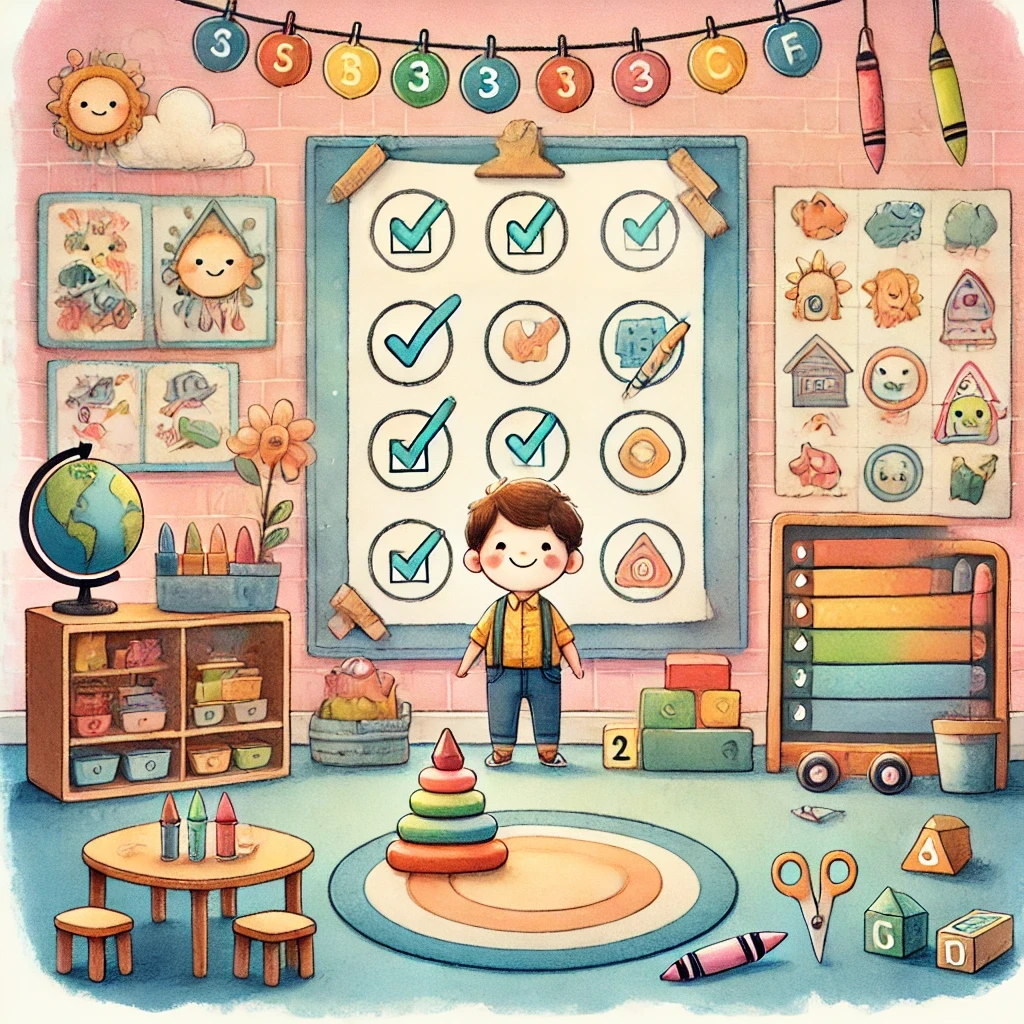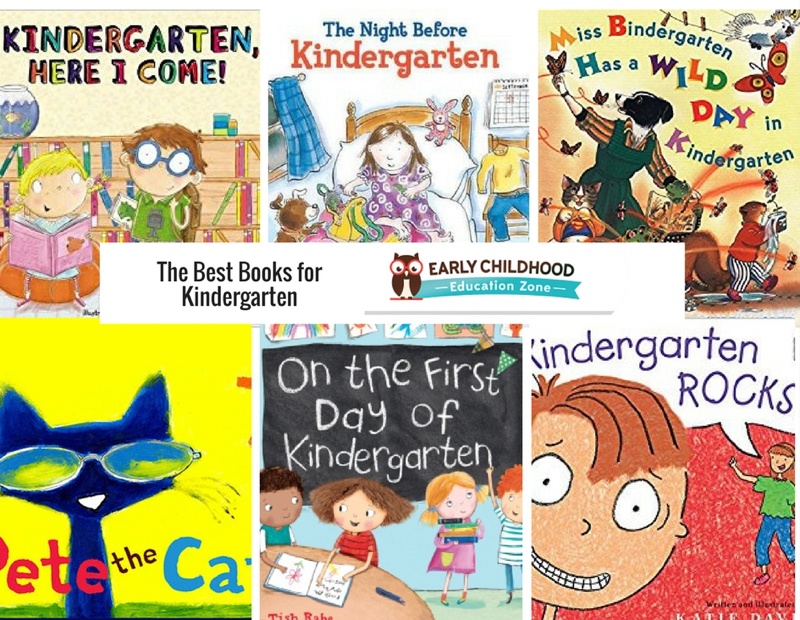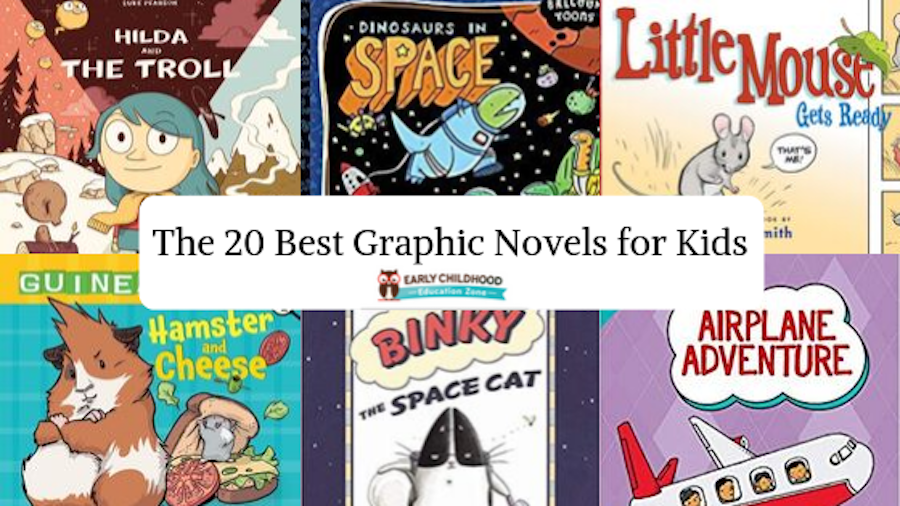The Kindergarten Readiness Checklist

Find your perfect college degree
For first-time parents, the thought of sending a child to kindergarten often brings a mix of emotions. Our children have been by our side from the beginning, adapting to us as we’ve adapted to them. Some parents feel a gentle apprehension, worrying that their child might struggle to cope or be misunderstood.
Others feel confident yet might overlook essential skills their child needs to thrive independently. Montessori education embraces a child-centered approach, understanding each child’s unique path, growth, and readiness.
Kindergarten readiness doesn’t demand perfection; rather, it’s about nurturing curiosity, independence, and emotional balance. Let’s explore key skills and enjoyable activities to prepare your child for this new chapter.
Learning Readiness: Fostering a Love for Discovery
Before formal education can unfold, children benefit from foundational learning skills. In Montessori, we focus on engaging the child’s natural curiosity and intrinsic motivation to explore.
Language Readiness
Language is the key to communication, enabling children to express themselves, understand others, and share their world. In Montessori, we approach language as a joyous discovery, meeting the child where they are and encouraging progress step-by-step.
Essential Language Skills:
- Recognizing and attempting to write their own name
- Using descriptive language to express ideas
- Identifying sounds and letters
- Understanding and following simple directions
Suggested Activities:
- Model clear speech by repeating words correctly, e.g., “Do you need the bathroom?” instead of “Imma basroom.”
- Foster their endless “Why?” questions, providing thoughtful answers that show respect for their curiosity.
- Make letter games with everyday words—spelling out their name, for example, or spotting letters in their surroundings.
Math Readiness
Math in the Montessori approach begins with tangible, engaging activities. It’s about recognizing patterns, quantities, and shapes—all essential building blocks for future math concepts.
Essential Math Skills:
- Matching numbers to objects (up to 5)
- Arranging numerals in order
- Identifying basic shapes
- Understanding simple addition and subtraction
Suggested Activities:
- Practice counting with snacks or toys.
- Use building blocks to demonstrate adding and taking away objects.
- Make math fun with hands-on activities like sorting shapes or playing with spatial puzzles.
Reading Readiness
Reading introduces children to a universe of stories, characters, and adventures. Montessori’s emphasis on story and self-paced reading allows children to develop an organic love for books.
Essential Reading Skills:
- Handling books independently
- Identifying familiar words and rhyming patterns
- Connecting stories to personal experiences
Suggested Activities:
- Read with them daily, allowing them to follow along.
- Provide books at their level within reach and encourage pretend reading.
- Talk about stories they enjoy, asking them to describe characters’ actions or predict what might happen next.
Social Skills & Emotional Stability
Social and emotional readiness is about finding balance, learning to express emotions, and recognizing others’ feelings. In Montessori, these skills are nurtured through grace and courtesy lessons and daily social interactions.
Key Emotional Skills:
- Expressing needs and listening attentively
- Following simple instructions
- Beginning to share and show empathy
Suggested Activities:
- Regular playdates encourage interaction and patience.
- Provide gentle guidance to help them share, take turns, and manage emotions.
- Reinforce empathy by recognizing others’ feelings, and modeling polite phrases like “please” and “thank you.”
Developing Independence in Personal Care and Self-Awareness
Self-care fosters autonomy and prepares children for the expectations of kindergarten. In Montessori, independence is a primary goal, empowering children to handle tasks on their own.
Essential Personal Skills:
- Knowing their parent’s names and basic personal details
- Practicing personal care (e.g., washing hands, managing clothing)
- Understanding simple hygiene and bathroom routines
Suggested Activities:
- Practice buttoning, zipping, and tying shoes together.
- Make hand-washing a fun, routine habit.
- Help them memorize your name, reinforcing that “Mommy” and “Daddy” are titles, not actual names.
Encouraging Social Readiness
Social readiness encompasses awareness of others’ feelings, basic manners, and building connections. Montessori values grace and courtesy, emphasizing the importance of kindness, patience, and mutual respect.
Essential Social Skills:
- Speaking clearly and in full sentences
- Respecting others’ property and personal space
- Adjusting to new situations with resilience
Suggested Activities:
- Use family meals as a chance to practice table manners and polite conversation.
- Encourage story retelling, songs, and rhymes to build language confidence.
- Reinforce the values of cooperation and respect through consistent routines.
Problem-Solving and Critical Thinking
Problem-solving skills are integral to the Montessori method. Children learn best through hands-on experiences, experimentation, and structured play.
Essential Problem-Solving Skills:
- Recognizing patterns, sequences, and simple cause-effect relationships
- Completing puzzles and basic sequences
- Identifying similarities and differences in objects
Suggested Activities:
- Provide opportunities for outdoor play, such as climbing, jumping, and running.
- Incorporate puzzle games and pattern activities.
- Explore nature together, discussing plants, animals, and the world around them.
Hand-Eye Coordination and Physical Skills
Physical development goes hand-in-hand with cognitive growth, especially in Montessori. Children gain confidence as they master fine motor skills, which prepare them for writing, self-care, and creative tasks.
Essential Coordination Skills:
- Using crayons, pencils, and scissors with control
- Copying shapes and tracing patterns
- Engaging in outdoor activities like jumping and bouncing balls
Suggested Activities:
- Color together, cut shapes, and trace lines to improve control.
- Use outdoor play to build strength and coordination.
- Introduce rhythmic dancing to music to promote body awareness.
Embracing the Joy of Learning
In Montessori philosophy, the love of learning is the most valuable gift we can give our children. Learning, exploration, and social interaction are naturally rewarding, creating lifelong curiosity.
Embrace Every Opportunity for Joy and Discovery:
By cultivating these essential skills with love and patience, you’re setting the foundation for your child to enter kindergarten with confidence, curiosity, and a sense of independence.




